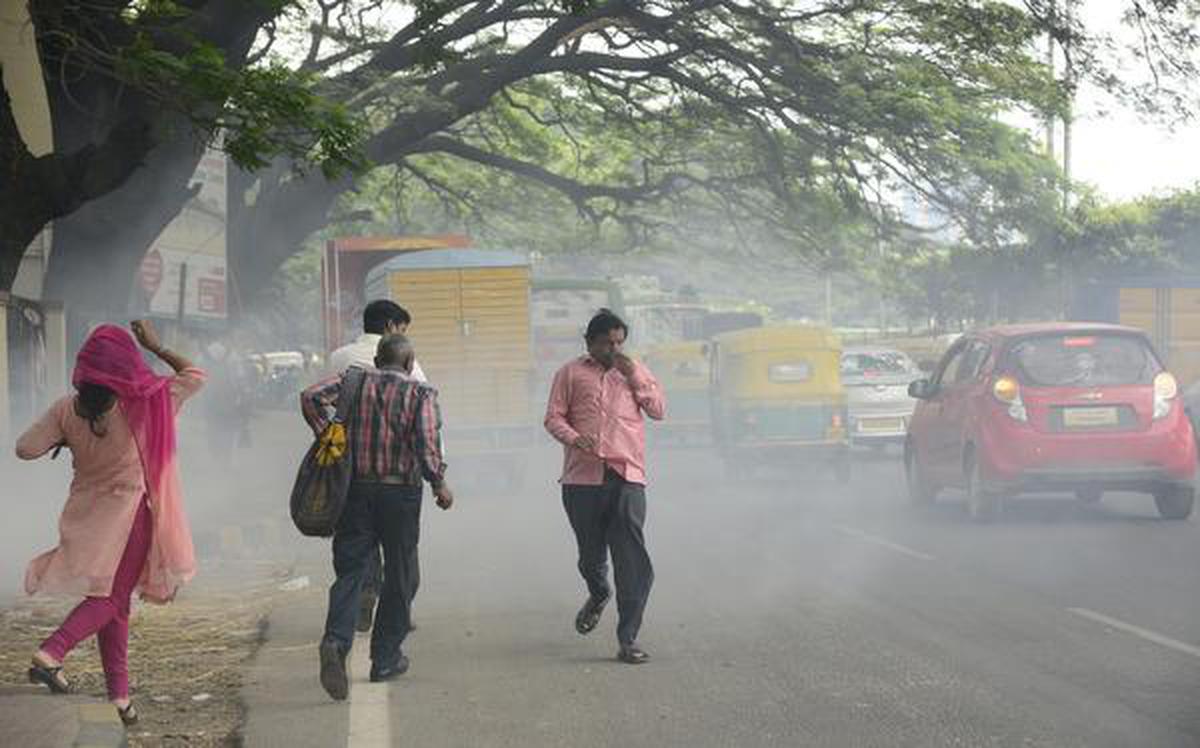The "Malthusian Theory" describes the relationship between population growth and food production. This theory was first proposed by Thomas Malthus at the end of the 18th century. Through this theory, Malthus explained that the resources available on Earth are limited, whereas the rate of human population growth is very fast, which could lead to a shortage of food. He believed that population growth would always outpace the availability of food, and this imbalance could lead to hunger, famine, and other natural disasters.
Malthus' Theory: A Detailed Perspective
Malthus' theory was based on the idea that population grows at a geometric rate, meaning the population can double in size, while food production increases arithmetically. This meant that as the population grew, food production would not be able to meet its demand. Malthus also predicted that if population growth was not controlled, this situation would lead to famine, disease, and social instability.
In the 19th century, there were many debates surrounding Malthus' theory, especially in Europe, where the rate of food production had significantly surpassed the growth of the population. However, in the mid-20th century, when agricultural technologies advanced and food production increased rapidly, questions arose about the relevance of Malthus' theory.
Technology and the Growth of Food Production
In the 1970s, the introduction of new technologies in agriculture led to an increase in food production. The use of chemical fertilizers, modern irrigation methods, and more advanced seeds resulted in unprecedented growth in food production. This challenged Malthus' theory because the rate of food production was now matching the rate of population growth. For example, in India, the Green Revolution in the 1970s significantly boosted agricultural production and largely resolved the problem of food shortages.
However, even today, some countries, particularly developing ones, still experience an imbalance between population growth and food production. According to Malthus' theory, as long as population growth is not controlled, the threat of a food crisis will always persist.
Criticism of the Malthusian Theory
Malthus' theory has faced criticism from several perspectives. The first criticism is that Malthus predicted that the imbalance between population growth and food production would lead to famine and disaster, but as agricultural techniques improved, food production outpaced the growth of the population. Critics argue that Malthus' theory is only relevant if agricultural production remains static and new technologies do not emerge.
Another criticism is that Malthus did not adequately consider socio-economic factors. For example, land reforms, social policies, and economic development have helped increase agricultural production. Additionally, the pattern of population growth is much more complex and is not solely dependent on food production.
Climate Change and the Impact of COVID-19
In recent decades, climate change and the COVID-19 pandemic have severely impacted food security. Climate change has had a detrimental effect on agricultural production, making food crises even more severe. A decline in agricultural production, floods, droughts, and unusual weather events have all contributed to increasing food insecurity.
The COVID-19 pandemic disrupted food supply chains and exacerbated global hunger and malnutrition issues. According to a report by the World Food Program (WFP), in 2020, approximately 828 million people suffered from hunger, a figure that was higher than in previous years.
Society and Food: New Perspectives
Despite the resurgence of Malthus' theory, it is now clear that food crises are not solely related to population growth. They are the result of various factors, such as unequal distribution of resources, climate change, war, and global pandemics.
Furthermore, in many parts of the world today, food production has increased due to technological innovations. As new technologies are applied in agriculture, food availability has risen.
Conclusion
Malthus' theory has helped us understand the potential consequences of the imbalance between population growth and food production. However, this theory is now seen from an outdated perspective because modern agricultural technologies have played a crucial role in increasing food production. Nonetheless, it is important to remain vigilant about issues related to food security and population growth and to take necessary measures to avoid a future food crisis.
Final Thoughts
Malthus' theory not only illustrates the relationship between population and food but also reminds us that resources are limited and must be managed wisely. Today, as we consider this theory in light of agricultural technologies and the effects of climate change, it becomes clear that both food security and population control will be critical issues in the future.

















0 Comments